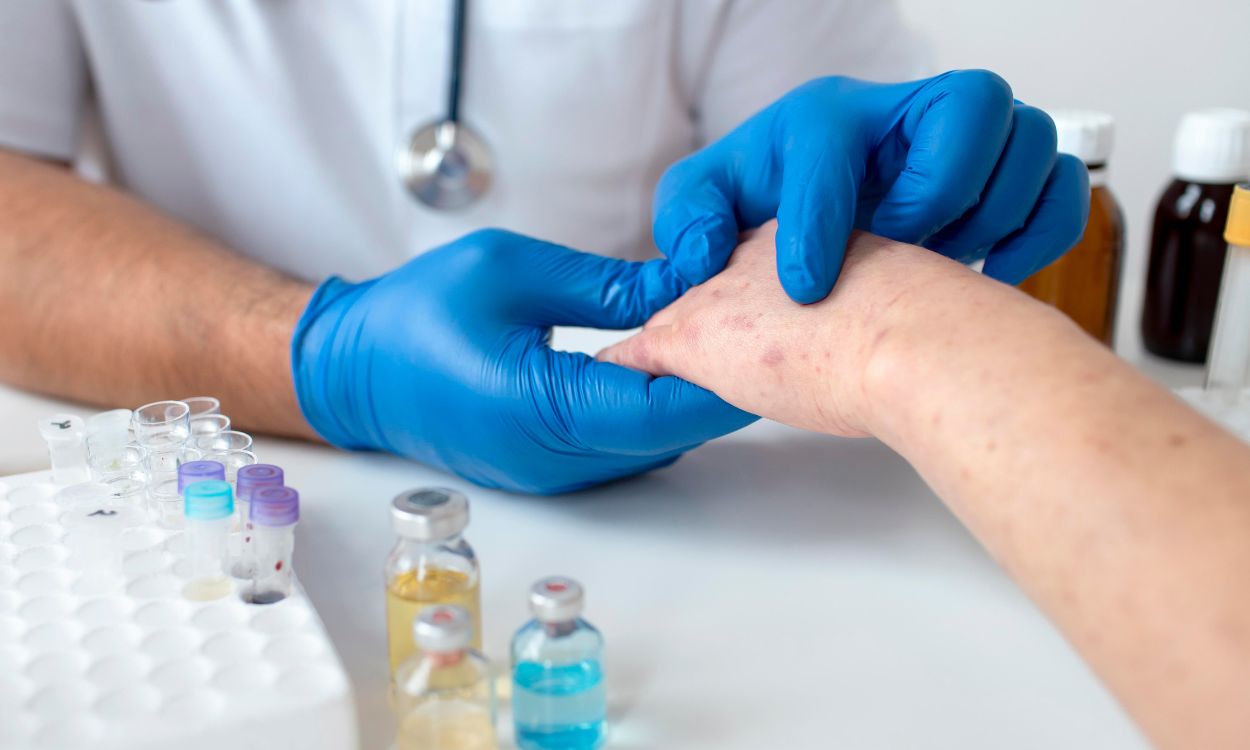First Aid for Allergic Skin Reactions: Relief and Treatment Options
Allergic skin reactions can be a painful and uncomfortable experience. They can be caused by a variety of factors, including food, medication, insect bites, and environmental allergens. If you are experiencing an allergic skin reaction, it is important to take immediate action to relieve your symptoms and prevent further complications.
At Fitpaa, we believe that your health and wellbeing are our top priority. That’s why we have put together this guide to help you understand the causes of allergic skin reactions and provide you with effective first aid and treatment options.
Causes of Allergic Skin Reactions
Allergic skin reactions occur when your immune system overreacts to a substance that it perceives as harmful. This can cause a range of symptoms, including itching, redness, swelling, and hives. Some common causes of allergic skin reactions include:
- Food allergies: Certain foods, such as peanuts, shellfish, and dairy products, can trigger an allergic reaction in some people.
- Medication allergies: Some medications, such as antibiotics and painkillers, can cause an allergic skin reaction in some individuals.
- Insect bites and stings: Insect bites and stings can cause an allergic reaction in some people, leading to symptoms such as itching, swelling, and hives.
- Environmental allergens: Pollen, dust mites, and pet dander are common environmental allergens that can cause allergic skin reactions in some individuals.
First Aid for Allergic Skin Reactions
If you are experiencing an allergic skin reaction, it is important to take immediate action to relieve your symptoms and prevent further complications. Here are some first aid tips that can help:
- Wash the affected area with soap and water to remove any allergens that may be present.
- Apply a cold compress to the affected area to reduce swelling and itching.
- Take an over-the-counter antihistamine to relieve itching and other symptoms.
- Apply a topical cream or ointment, such as hydrocortisone, to reduce inflammation and itching.
- Avoid scratching the affected area, as this can lead to further irritation and infection.
Treatment Options for Allergic Skin Reactions
If your allergic skin reaction is severe or does not improve with first aid measures, you may need to seek medical treatment. Here are some treatment options that your doctor may recommend:
- Prescription-strength antihistamines: If over-the-counter antihistamines are not effective, your doctor may prescribe a stronger medication to relieve your symptoms.
- Corticosteroids: Corticosteroids are powerful anti-inflammatory medications that can help reduce swelling and itching.
- Epinephrine: In severe cases of allergic skin reactions, your doctor may prescribe epinephrine, a medication that can quickly reduce swelling and prevent anaphylaxis.
At Fitpaa, we understand that allergic skin reactions can be a frustrating and uncomfortable experience. That’s why we offer personalized health and fitness plans that can help you achieve your health goals and prevent allergic reactions. Our expert team of fitness coaches, nutritionists, and doctors can help you optimize your metabolism and develop a sustainable diet and exercise plan that works for you.
To get started on your health and fitness journey, download the Fitpaa app today. With our state-of-the-art technology and personalized approach, we can help you achieve your health and fitness goals with guaranteed results.









